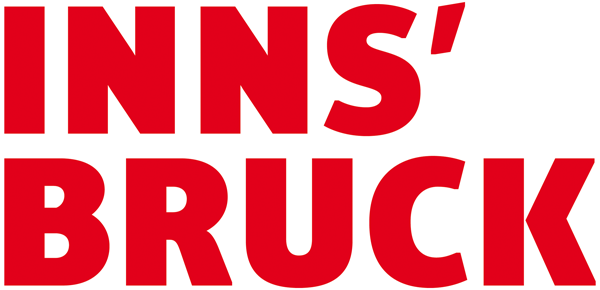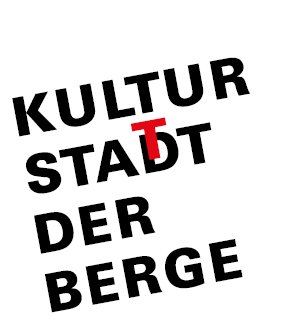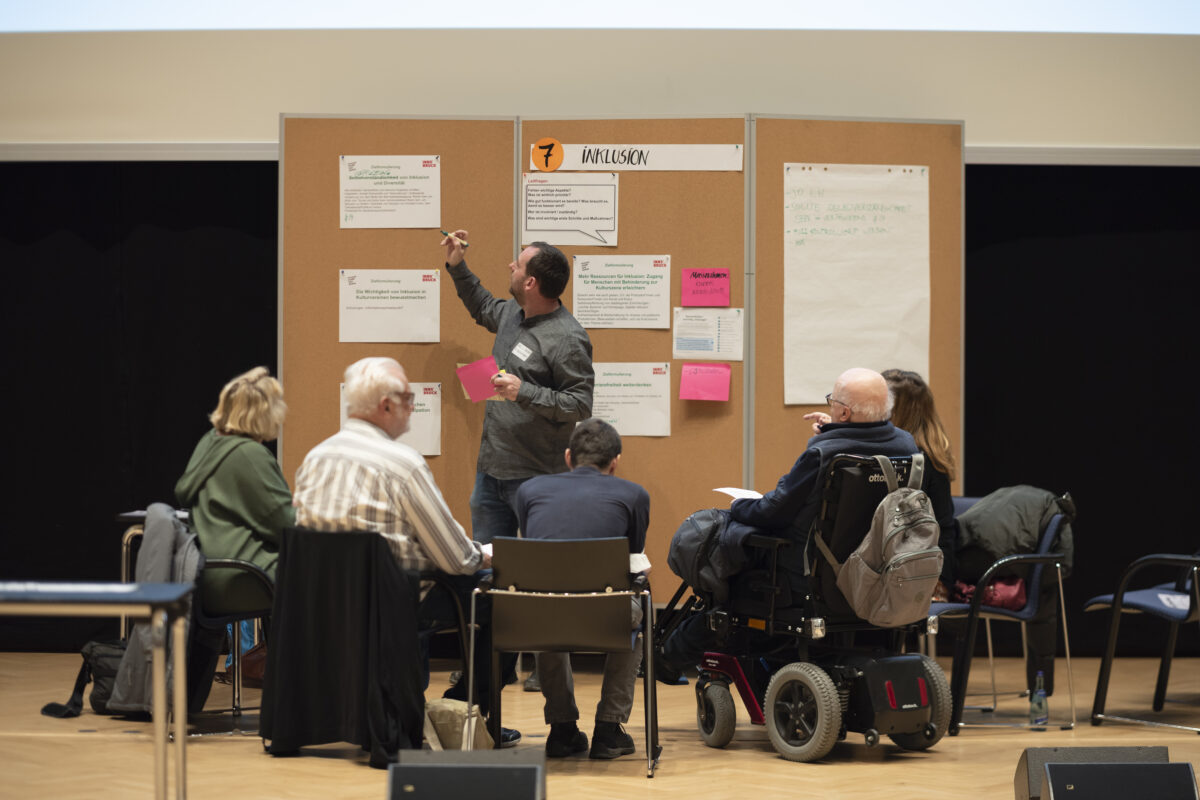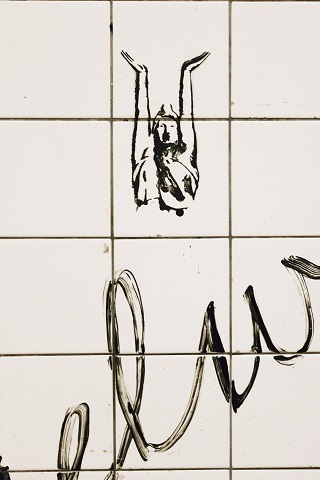The creation of the Innsbruck Cultural Strategy 2030 is progressing rapidly. Currently, the main focus is on reflecting, discussing and condensing the many results from the workshops. The goal is to produce a draft in the upcoming weeks, which will be published on the website in the course of March and can be reviewed. After processing the received comments, the cultural strategy will then be presented to the political committees of the City of Innsbruck for decision-making by the middle of the year.
In the current phase, the Cultural Committee of the City of Innsbruck has the role of reflecting on the proposals developed by the working group and the project team and providing feedback from a political perspective. On January 10, the members of the Cultural Committee met to discuss the drafts of the mission statement, the fields of action and the goals of the cultural strategy. The meeting of the Culture Committee was attended by the city councilor in charge of the department, Uschi Schwarzl (GRÜNE), as well as the members of the Culture Committee Irene Heisz (SPÖ), Christoph Appler (ÖVP), Andrea Dengg (FPÖ), Astrid Denz (FPÖ), Thomas Lechleitner (GRÜNE), Dejan Lukovic (GRÜNE), Mesut Onay (ALI), Theresa Ringler (Für Innsbruck) and Dagmar Klingler-Newesely (NEOS), furthermore also Isabelle Brandauer (MA V, Office for cultural affairs of the City of Innsbruck), Rita Hebenstreit (MA V, Office for cultural affairs of the City of Innsbruck), Claudia Jochum (Intern MA V, Office for cultural affairs of the City of Innsbruck), Thomas Philipp (LIquA) and Aliette Dörflinger (Dörflinger Consulting & Facilitation).
Several important aspects were addressed in the meeting. For example, it was noted that a precise definition of the role of the city municipality in the cultural strategy is necessary: What are the core tasks of the city? Which proposed measures from the strategy should be implemented by the city administration itself? Where do municipal cultural policy and cultural administration only provide the impetus so that other actors can start to implement them, and where is active support by the city administration necessary and useful? It was emphasized that a prioritization of the proposed measures seems to make sense, which at the same time directs the view to the special features and unique selling points of the cultural city of Innsbruck. Furthermore of great relevance: the consideration of the already existing diversity in the field of art and culture, which should be built upon.
The members of the Culture Committee highlighted individual fields of action that require special attention. These include cultural education, cultural participation and culture in the city districts. Here, it should be a matter of promoting cultural networking between the existing associations in the city districts, actively involving the people there in the further development of culture and cooperating with the existing structures and partners such as the ISD city district meetings. Other topics addressed included the challenges of the current Corona crisis for culture and tourism, opportunities for participation in cultural policy decision-making processes, and the visibility of art and culture in the context of marketing, media and communication. In a next step, the Culture Committee will devote itself to discuss the proposed measures.
Until then, the seven-member working group will fine-tune the draft of the cultural strategy. At the end of January, the group will hold a two-day meeting and work on concretizing the proposed measures. Members of the working group are Monika Abendstein (bilding – art and architecture school for children and young people), Karl. C. Berger (Tyrolean Folk Art Museum), Isabel Gabbe (Department of Music Education Innsbruck of the University Mozarteum Salzburg), Petra Poelzl (Tiroler Künstler:innenschaft – Kunstpavillon & Neue Galerie), David Prieth (p.m.k., skin on marble, Kulturkollektiv Contrapunkt), Helene Schnitzer (TKI – Tiroler Kulturinitiativen) and Nicola Weber (WEI SRAUM. Designforum Tirol). Subsequently, experts from different fields will be asked for feedback on the proposals – here, the advisory board is particularly in demand, consisting of 33 personalities from the arts and culture, but also from relevant interface areas such as science, education, youth, social affairs, integration, tourism, creative industries or urban planning. The members of the working group and the advisory board: they all represent the diversity, commitment and expertise that characterize Innsbruck’s arts and culture sector.



